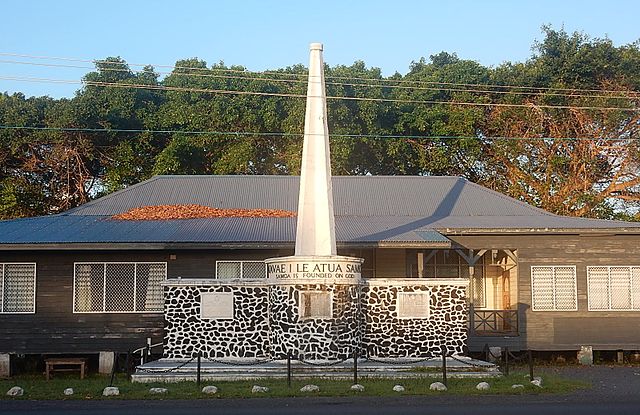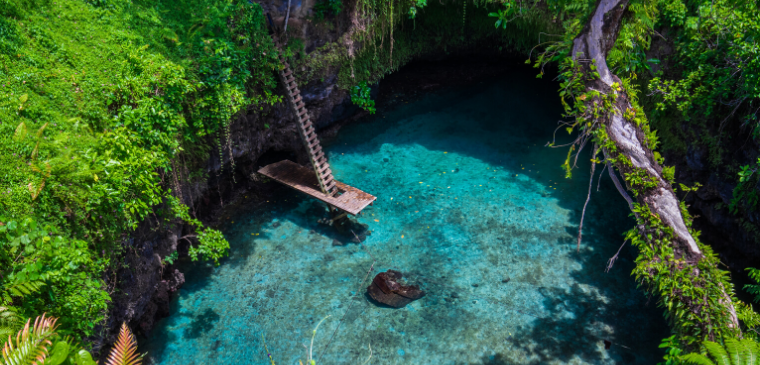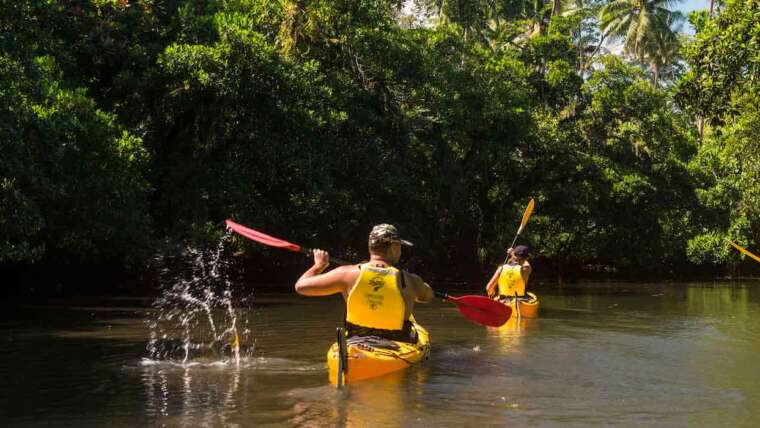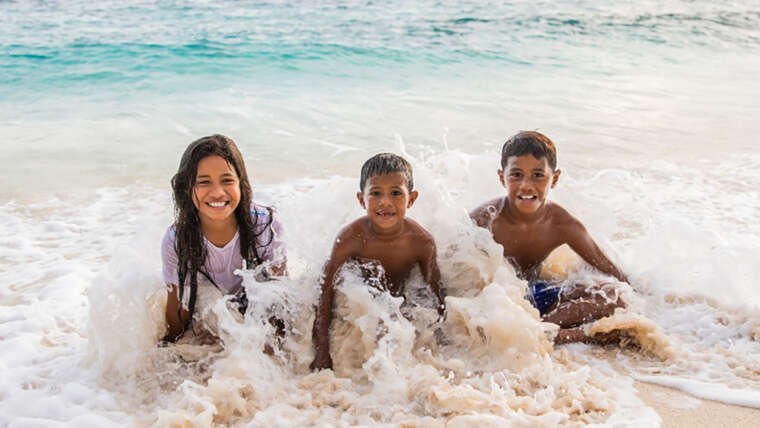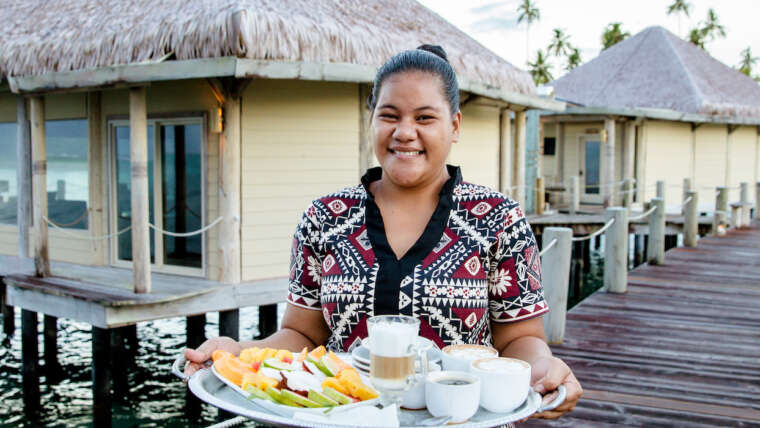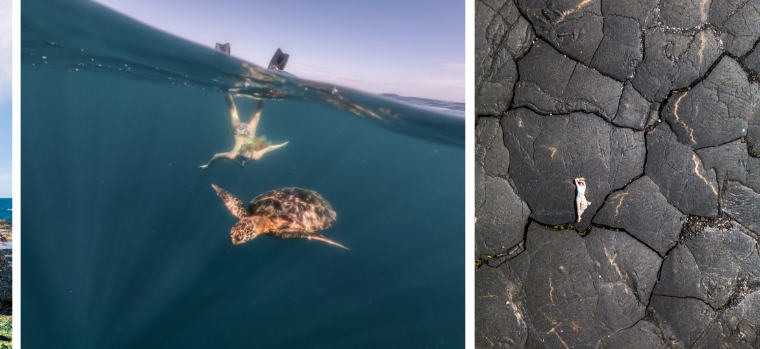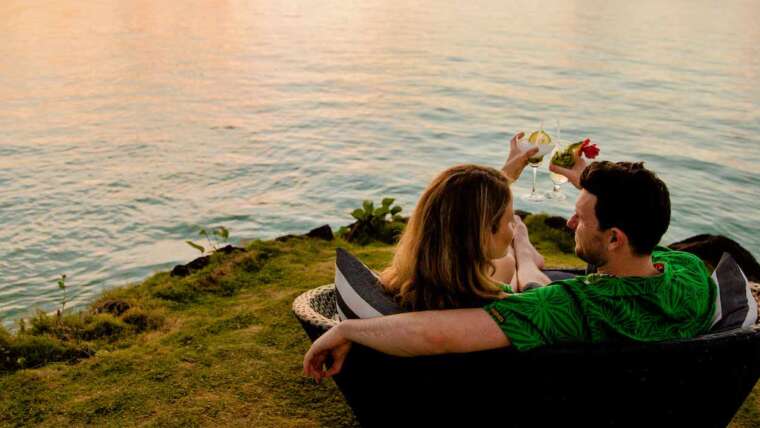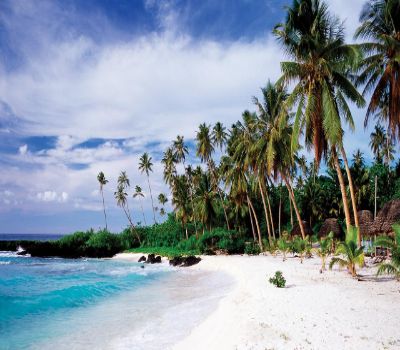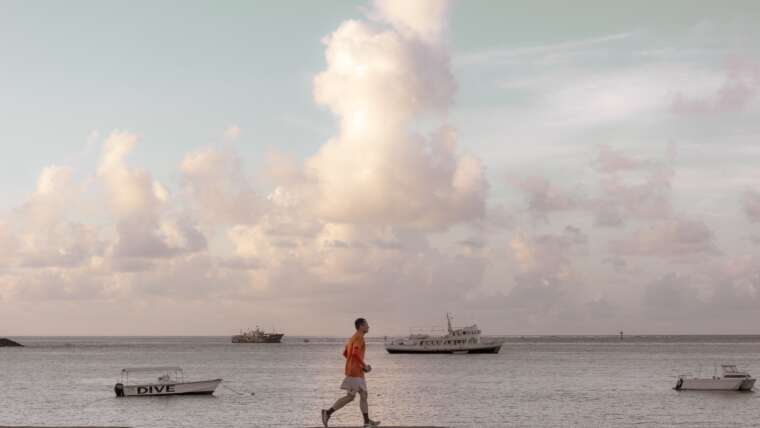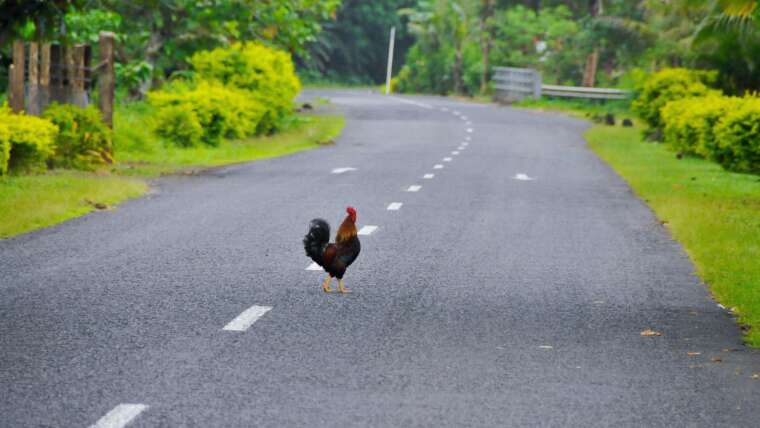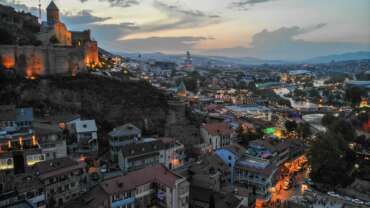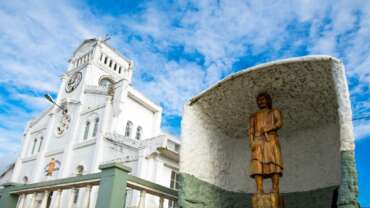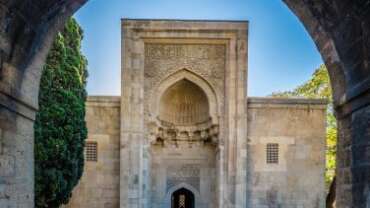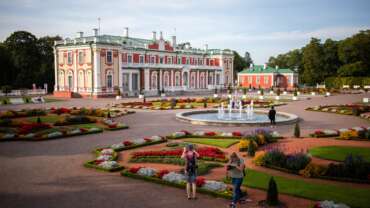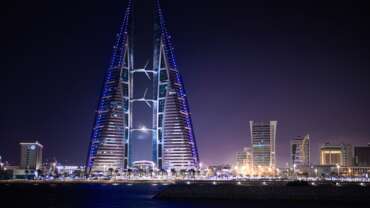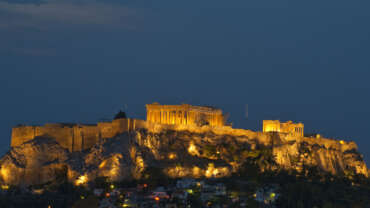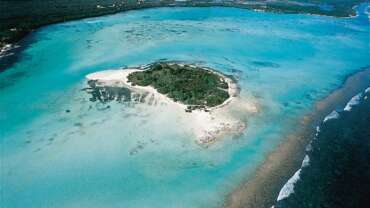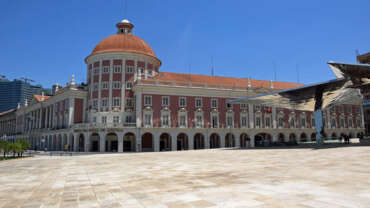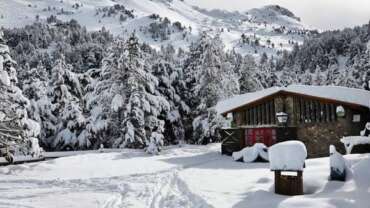Samoa is founded on God!
Samoa, officially the Independent State of Samoa and until 1997 known as Western Samoa, is a Polynesian island country consisting of two main islands, Savai’i and Upolu, two smaller inhabited islands, Manono and Apolima, as well as several small uninhabited islands including the Aleipata Islands. The warm, friendly culture and breathtaking scenery makes Samoa the perfect Pacific Island destination for your next holiday or quick break.
History of Samoa
Early period
Polynesians traveling in outrigger canoes arrived in the Samoan archipelago about 1000 BCE, as indicated by Lapita pottery shards found in Mulifanua Lagoon on Upolu. Characteristics of the Samoan language indicate that the settlers probably came from Tonga. Local pottery manufacturing ceased by about AD 200, by which time Samoa had become central to much of the settlement of eastern Polynesia. Contact between Samoans, Tongans, and Fijians continued and was recorded in hundreds of legends and genealogies that were passed down through oral literature. Like other Polynesian peoples, Samoans were master navigators, boatbuilders, and fishers; every aspect of their society was related in some way to maritime life. Basic agriculture was also developed, including the cultivation of yams, taro, breadfruit, bananas, sugarcane, and coconuts. Most Samoans lived in villages ruled by councils of matai (chiefs), and numerous fortified villages of 30 or more houses grew up along the coast. Extended blood ties traditionally linked family groups and villages, with the major families striving for supremacy and regularly plunging the islands into warfare.
European influence
European navigators, who began to visit Samoa in 1722, were at first welcomed for the technology and goods that they brought. John Williams, a member of the London Missionary Society, arrived to establish a Christian mission in 1830. He made a convert of Malietoa Vainu’upo, who had just conquered all of Samoa, and the rest of the population soon followed suit. A foreign settlement had developed around Apia Harbour by the 1850s. Samoans began to resist, however, as more settlers arrived from the United States, Great Britain, and Germany and tried to persuade their respective governments to annex Samoa. Rival matai played the three foreign powers against each other in pursuit of their factional wars, and they, in turn, frustrated attempts by the Samoans to establish a national government. In 1878 the United States signed a treaty allowing it to establish a naval station in Pago Pago Harbour (now in American Samoa). Great Britain and Germany signed similar agreements the following year. Warfare between the three powers in 1889 was prevented only by a great typhoon, which sank six of their warships. They subsequently signed the Berlin Act to provide for the neutrality of the islands and to avoid further conflict; however, in 1899 the United States annexed eastern Samoa, whereas Germany annexed the western part of the islands—Western Samoa. The division was carried out without consulting the Samoan people, and many of them resented it deeply.
In Western Samoa the drive for political independence began in 1908 with the Mau a Pule, a movement led by the orator chief Lauaki Namulau’ulu. The matai were dissatisfied with the German governor’s attempts to change the fa’a Samoa and centralize all authority in his hands. After the governor called in warships, Lauaki and nine of his leading supporters surrendered, whereupon they were tried and exiled to Saipan in the Mariana Islands.
Rule by New Zealand
Troops from New Zealand occupied Western Samoa in August 1914, meeting no resistance from the German or Samoan populations. However, the New Zealand administration was accused of negligence after more than one-fifth of Western Samoans died during the influenza epidemic of 1918–19, and most Samoans united against foreign rule. The League of Nations nevertheless granted New Zealand a mandate over Western Samoa in 1920. The New Zealand-appointed governor made additional attempts to undermine the power of the matai leadership and that of the local business community; in response, an organized political movement called the Mau (“Strongly Held View”) emerged. The Mau was led by Olaf Frederick Nelson, whose mother was Samoan, but New Zealand outlawed the movement, claiming that Nelson and other “part-Europeans” were misleading the Samoans. New Zealand troops were sent in, and Nelson was exiled to New Zealand. During a Mau demonstration in December 1929, the matai Tupua Tamasese Lealofi III and other unarmed Mau supporters were shot and killed by New Zealand troops. This only strengthened the Mau’s determination.
New Zealand’s first Labour government came to power in 1935 and soon recognized the Mau as a legal political organization. Relations between Samoans and New Zealanders improved somewhat, but many Samoans remained dissatisfied. The islands’ economy improved during World War II, when a garrison of U.S. troops was stationed on Upolu and built several roads and an airport. New Zealand allowed a Western Samoan council of state and a legislative assembly to be established in the late 1940s, and a constitutional convention met in 1954. Several government reforms were carried out during the next few years, amid continuing Samoan agitation for independence.
Independence
In 1962 Western Samoa became the first Pacific nation of its size to regain its political independence. The monarch Susuga Malietoa Tanumafili II became the cohead of state in 1962 and head of state (O le Ao o le Malo) the following year, a post he held until his death in 2007. Major political figures in the late 20th century included Fiame Faumuina Mataafa, who served twice as prime minister (1962–70 and 1973–75) and Tupuola Taisi Efi, who was prime minister during 1976–82. The religious makeup of Samoa was altered markedly in the late 20th century, as many in the country joined the Mormon church. The tourist trade grew rapidly during the same period, partly because of improvements to Upolu’s transportation infrastructure. Tofilau Eti Alesana, who served as prime minister during 1985–98, had mixed success with the economy and engendered controversy by attempting to censor critics of the government. A referendum in 1990 instituted universal suffrage, and in 1997 the legislature changed the country’s name from Western Samoa to Samoa, despite protests from neighbouring American Samoa. The islands continued to face economic and social challenges at the beginning of the 21st century.
On September 29, 2009, the Samoan archipelago was shaken by an undersea earthquake of magnitude 8.3, centred some 120 miles (190 km) south of Apia in the Pacific Ocean. The quake generated a tsunami that flooded Samoa in several waves, causing extensive damage; villages were flattened throughout the islands, and scores of people were killed.
People of Samoa
Ethnic groups
Samoans are mainly of Polynesian heritage, and about nine-tenths of the population are ethnic Samoans. Euronesians (people of mixed European and Polynesian ancestry) account for most of the rest of the population, and a tiny fraction are of wholly European heritage.
Languages
Samoan is the country’s official language; legislative activity is conducted in both Samoan and English as required by the constitution. Samoan is believed to be among the oldest of the Polynesian tongues and is closely related to the Maori, Tahitian, Hawaiian, and Tongan languages. A large number of Samoan words reflect maritime traditions, including names for ocean currents, winds, landforms, stars, and directions. Some verb forms indicate the relative positions of objects, including directions of movement toward or away from the speaker. English is widely spoken as a second language.
Religion
Samoans traditionally had a pantheistic religion, where family elders performed most rituals; they appear not to have had a dominant priestly class. They readily adopted Christian teachings following European contact, and even the more remote villages built churches, often of grand proportions. The Congregational Christian Church of Samoa (Ekalesia Faapotopotoga Kerisiano Samoa [EKFS]; formerly the London Missionary Society) is the dominant religion, with slightly less than one-third of the population. Approximately one-fifth of Samoans are Roman Catholics, and Latter-day Saints constitute about one-sixth of the population. Methodists make up one-eighth. Pentecostals, Assemblies of God, and other Christian groups have more-limited memberships.
Art & Culture of Samoa
The Arts
Music, dance, tattooing, and oral literature are significant art forms in Samoa. Males at age 12 or 13 visit a local tufuga (tattoo artist) for tattooing from waist to knee, a prolonged and often painful process that is considered a rite of passage. Christian missionaries in the 19th century, believing that tattooing was contrary to biblical teachings, eliminated the practice from many Polynesian islands, but Samoans maintained the tradition and helped revive it among Tahitians and other groups in the late 20th century. Few early works of siapo (bark cloth) art, basketry, and featherwork have survived, and handicrafts are now produced only in limited numbers.
Music has always been central to Samoan life. Vocal music is predominant, both in religious services and social gatherings, and is accompanied by rhythmic percussion and wind instruments. Dances often presented for tourists include sāsā (a sitting dance performed mainly through arm movements) and fa‘ataupati (in which men rhythmically slap their limbs and torsos). Samoans often entertain one another at weddings and other family gatherings with ula, in which two groups alternate between singing and dancing. The pese is another popular song style.
Oral literature in Samoa dates from earliest settlement. Genealogies, legends, chants, and spells have all been passed down and elaborated through the generations, and matai are still expected to deliver rhythmic and poetical orations at council meetings and other major events. Many of these traditions have been translated into written form since the 19th century. International acclaim has been garnered by some Samoan writers, including Albert Wendt, who has explored aspects of the fa‘a Samoa—including power struggles, social restrictions, and family relations—in works such as Pouliuli (1977) and The Birth and Death of the Miracle Man and Other Stories (1999).
Cultural Life
Although some Samoan values and customs have changed markedly since European contact, particularly in Apia, Samoans have strived to preserve the fa‘a Samoa (“Samoan way of life”); thus, many traditions and outward features of rural life have remained virtually unchanged.
Daily life and social customs
Most Samoan villages have a church and a meetinghouse, which doubles as a cultural centre. Clustered around the village green are several fale—traditional oval-shaped houses with open sides and thatched or corrugated tin roofs supported by wooden pillars. Rolled palm-leaf mats can be let down at the sides of each house to offer protection from the elements. Many fale have been replaced by rectangular houses of timber or concrete blocks with walls and windows. Kitchens are often located in separate cookhouses.
Typical foods, grown or caught locally, include taro, yams, breadfruit, fish, and shellfish. Chicken and pork dishes are also eaten. Imported foodstuffs have become increasingly common, including Asian rice, frozen meats, and packaged foods and beverages from other parts of the world. Kava, a traditional nonalcoholic, euphoria-producing drink, is prepared from a tropical pepper plant and consumed at social events, mainly by matai, who customarily pour a small amount on the ground before and after drinking. Related customs include sitting cross-legged in a home before addressing one’s host and refraining from eating while standing indoors or walking outdoors.
Discover Samoa!
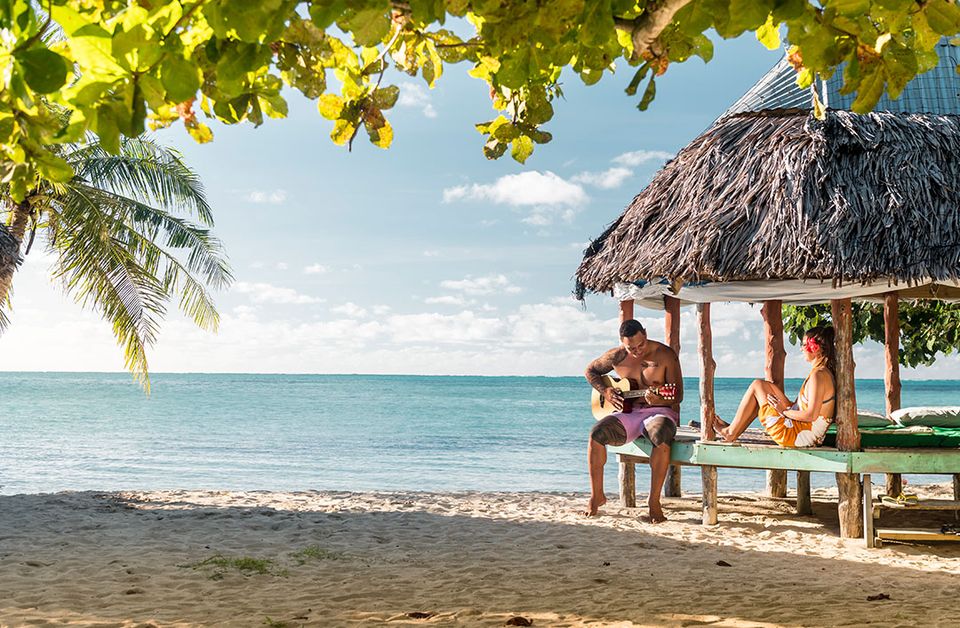
Samoa offers you a journey of discovery – an ancient culture and rich history, a warm embracing people, delicious local cuisine, endless activities and some of the most beautiful scenery you’ll ever see.
A Samoa holiday is not just a tropical island experience. Here you can immerse yourself in the rich, colourful culture, meet the warm locals, explore magical waterfalls and lush tropical forests, join an exciting adventure tour, or simply fill your holiday relaxing on pristine beaches and swimming in crystal clear water.
However you choose to spend your time here, the uniqueness and authenticity of Samoa will capture your heart and your imagination. A trip to remember forever.



